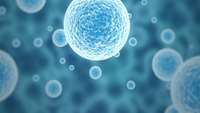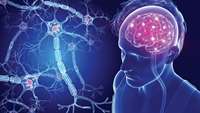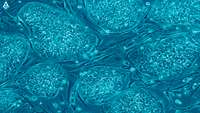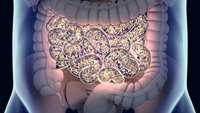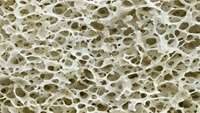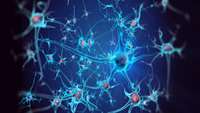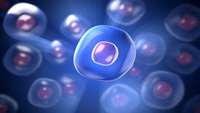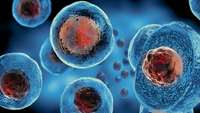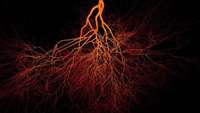Scientists identify critical cancer immunity genes using new genetic barcoding technology
Scientists at Mount Sinai have developed a novel technology for simultaneously analyzing the functions of hundreds of genes with resolution reaching the single cell level.
Stem cell growth accelerated by tropoelastin protein
Tropoelastin, the raw material used to create MeTro elastic surgical glue developed with the University of Sydney, has been found to encourage stem cell growth—with the potential to ultimately help the body repair itself.
Small Molecule Linked to Cells That Control Myelin Production and Repair in Study
The formation of new myelin sheaths by oligodendrocytes is impaired in the absence of a small molecule, called Vav3, that oversees pathways regulating the shape of oligodendrocytes, new study reports.
FDA clears Fate Therapeutics’ stem cell therapy for an IND application
Fate Therapeutics has announced the US Food and Drug Administration (FDA) has allowed it to begin clinical investigation and submit an investigational new drug (IND) application for its cell therapy FT516.
How the immune system protects us against bowel cancer
Researchers at Universitätsmedizin Berlin have discovered a protective mechanism which is used by the body to protect intestinal stem cells from turning cancerous. The bodys innate immune system was found to play a pivotal role in this regard. The researchers were able to demonstrate that, rather than having a purely defensive role, the immune system is crucial in maintaining a healthy body. The study has been published in the renowned scientific journal Nature.
The role of the alkaline phosphatase (Alpl) gene in preventing premature bone ageing
Mutations of the alkaline phosphatase (ALPL) gene in the liver, bone and kidney can cause hypophosphatasia (HPP) and early-onset bone dysplasia, asserting its key role in human bone development. Despite its importance, its mechanism of action during bone ageing is largely unknown.
New method for studying ALS more effectively
The neurodegenerative disease ALS causes motor neuron death and paralysis. However, long before the cells die, they lose contact with muscles as their axons atrophy. Researchers at Karolinska Institutet in Sweden have now devised a method that radically improves the ability to study axons and thus to better understand the pathological development of ALS. The method is described in the scientific journal Stem Cell Reports.
Stem cells may be the key to staying strong in old age
University of Rochester Medical Center researchers have discovered that loss of muscle stem cells is the main driving force behind muscle decline in old age in mice.
Thyrocytes Engineered from Embryonic Stem Cells
Researchers have discovered a new efficient way to generate thyroid cells, known as thyrocytes, using genetically modified embryonic stem cells.
We’ve discovered a new type of blood vessel in our bones
It’s time to rewrite the anatomy books: a new kind of blood vessel has been discovered in our bones.



